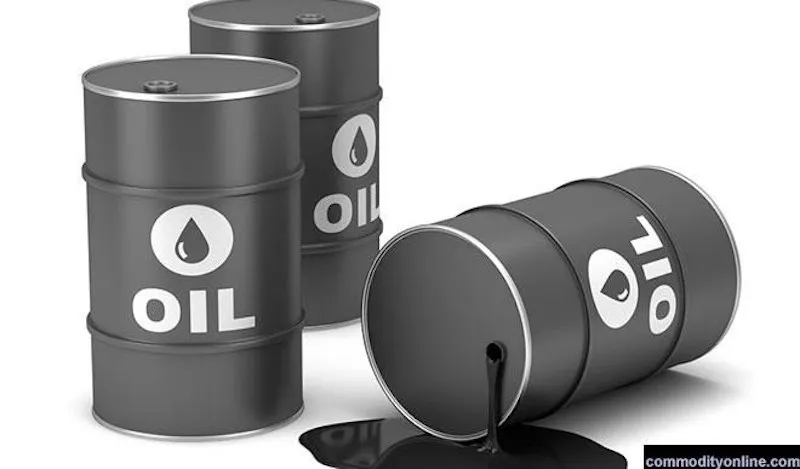Business
Nigerian govt directs full implementation of Naira-for-Crude Policy

The Federal Executive Council has directed the full implementation of the suspended Naira-for-Crude agreement with local petroleum refiners in a renewed push to strengthen Nigeria’s energy security and reduce reliance on foreign exchange.
The Ministry of Finance confirmed this development on Wednesday through a post on its official X (formerly Twitter) handle, titled “Update on the Crude and Refined Product Sales in Naira Initiative.”
The initiative, originally launched as a six-month pilot involving the Federal Government, the Nigerian National Petroleum Company Limited (NNPCL), and the Dangote Petroleum Refinery, was designed to allow the purchase of locally refined petroleum products in naira. The first phase ended on March 31, 2025, without a formal renewal, prompting the Dangote refinery to suspend sales under the agreement.
However, the latest update signals a shift from trial to permanence. At a high-level review meeting held Tuesday, the Technical Sub-Committee overseeing the project reaffirmed the government’s commitment to fully activate the policy — not as a stop-gap, but as a long-term strategy to reshape the petroleum market.
READ ALSO: NNPCL denies terminating naira-for-crude contract with Dangote Refinery
“This is not a temporary or time-bound intervention,” the committee declared in its statement. “It is a key policy directive aimed at supporting sustainable local refining, strengthening energy security, and reducing the nation’s dependence on foreign exchange for petroleum product purchases.”
The meeting was convened to assess progress, resolve bottlenecks, and map out the next steps for nationwide enforcement of the initiative. Stakeholders from across the energy and financial sectors reportedly expressed optimism about the potential of the plan to stabilize the naira and stimulate domestic production.
The policy, when fully operational, is expected to help cushion the impact of volatile global oil prices and foreign exchange rates, while also encouraging investment in Nigeria’s refining capacity.
Although the initial phase concluded without a formal extension, the new directive effectively revives the agreement — a move likely to be welcomed by advocates of economic self-reliance and energy-sector reform.
Join the conversation
Support Ripples Nigeria, hold up solutions journalism
Balanced, fearless journalism driven by data comes at huge financial costs.
As a media platform, we hold leadership accountable and will not trade the right to press freedom and free speech for a piece of cake.
If you like what we do, and are ready to uphold solutions journalism, kindly donate to the Ripples Nigeria cause.
Your support would help to ensure that citizens and institutions continue to have free access to credible and reliable information for societal development.






















